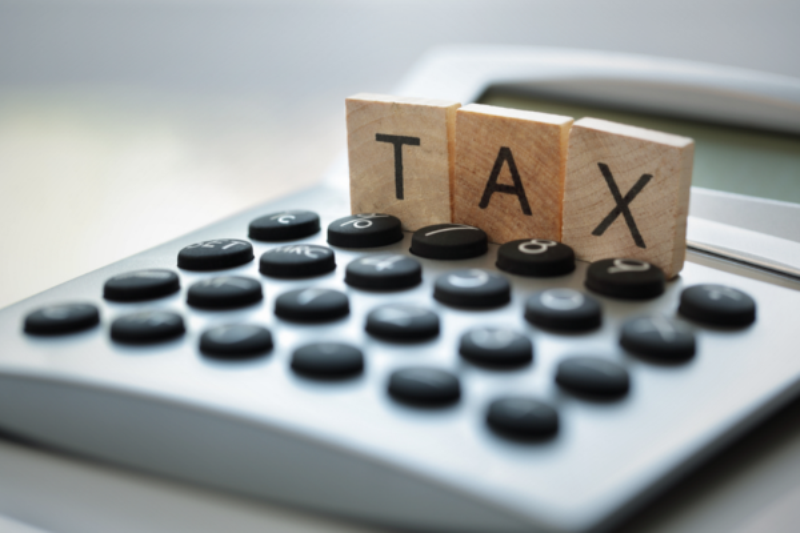Ireland is right to resist a global minimum corporation tax rate which could end up being a “masterclass in the law of unintended consequences”, affirms the CEO of one of the world’s largest independent financial advisory and fintech organisations.
The comments from Nigel Green, the chief executive and founder of deVere Group, come as Ireland’s finance minister, Paschal Donohoe, signalled the country will push back against attempts to rework the global tax system.
The Organisation for Economic Co-operation and Development (OECD) has been holding talks among 140 countries for several years and now says it hopes to reach a consensus by mid-2021.
Its plans have been given a boost by the Biden administration’s support for a minimum global corporate tax rate. “We’ve had a global race to the bottom in corporate taxation and we hope to put an end to that,” said the U.S. Treasury Secretary Janet Yellen at a hearing in Washington last month.
deVere’s Nigel Green says: “Ireland is right to resist the U.S.-backed calls for a minimum global corporation tax. The plans are misguided and could turn out to be a masterclass in the law of unintended consequences.
“The lack of flexibility would considerably hinder countries’ ability in employing tax policy to generate foreign direct investment (FDI).
“This means that countries which are not especially appealing for investment, except for a low tax regime, will be left hugely disadvantaged.
“Foreign companies and international agencies would likely move elsewhere where there are low taxes as well as other important attractive draws, taking with them direct and indirect jobs and wealth, plus all the other associated benefits of FDI.”
He continues: “America’s call for a global minimum tax is also likely to further disadvantage developing economies.
“Whilst the minimum rate is not yet stated, but once it is, a multinational’s tax rate in each jurisdiction will be set against that minimum and if a lower rate is paid in that jurisdiction, a top-up tax will be demanded. And that extra tax-take will go where the parent company is domiciled.
“Considering that the majority of the world’s major corporations are in developed countries, namely the U.S., it seems the plans are tilted towards the wants and needs of those nations, and in particular of the U.S., already the world’s largest economy.”
The lack of autonomy is another reason why a blanket global corporation tax could curb economic growth, says Mr Green.
“Each country has unique economic characteristics and challenges. Under the plans, would a country be able to support certain key sectors of their economies, such as tourism or agriculture, by offering rebates when needed for example? It seems unlikely.”
In addition, for many companies, a global minimum corporation tax will hike their costs of doing business around the world. “Is this then the right policy to pursue as the world is trying to reboot after the pandemic?” asks Mr Green who also argues that these higher costs will ultimately be passed on to consumers and suppliers.
The deVere boss also says that the plans may be flawed as each nation will maintain its unique set of complex exemptions and loopholes that could still be used by powerful corporations.
He concludes: “A global minimum corporation tax rate will do little to level the playing field, and it might make it worse.
“Keeping tax and business policies competitive will help economies recover stronger and quicker.”




 Forex3 weeks ago
Forex3 weeks ago




 Naira2 weeks ago
Naira2 weeks ago
 Billionaire Watch2 weeks ago
Billionaire Watch2 weeks ago




 Naira2 weeks ago
Naira2 weeks ago




 Naira2 weeks ago
Naira2 weeks ago




 Naira1 week ago
Naira1 week ago




 Naira4 weeks ago
Naira4 weeks ago




 Naira3 weeks ago
Naira3 weeks ago















